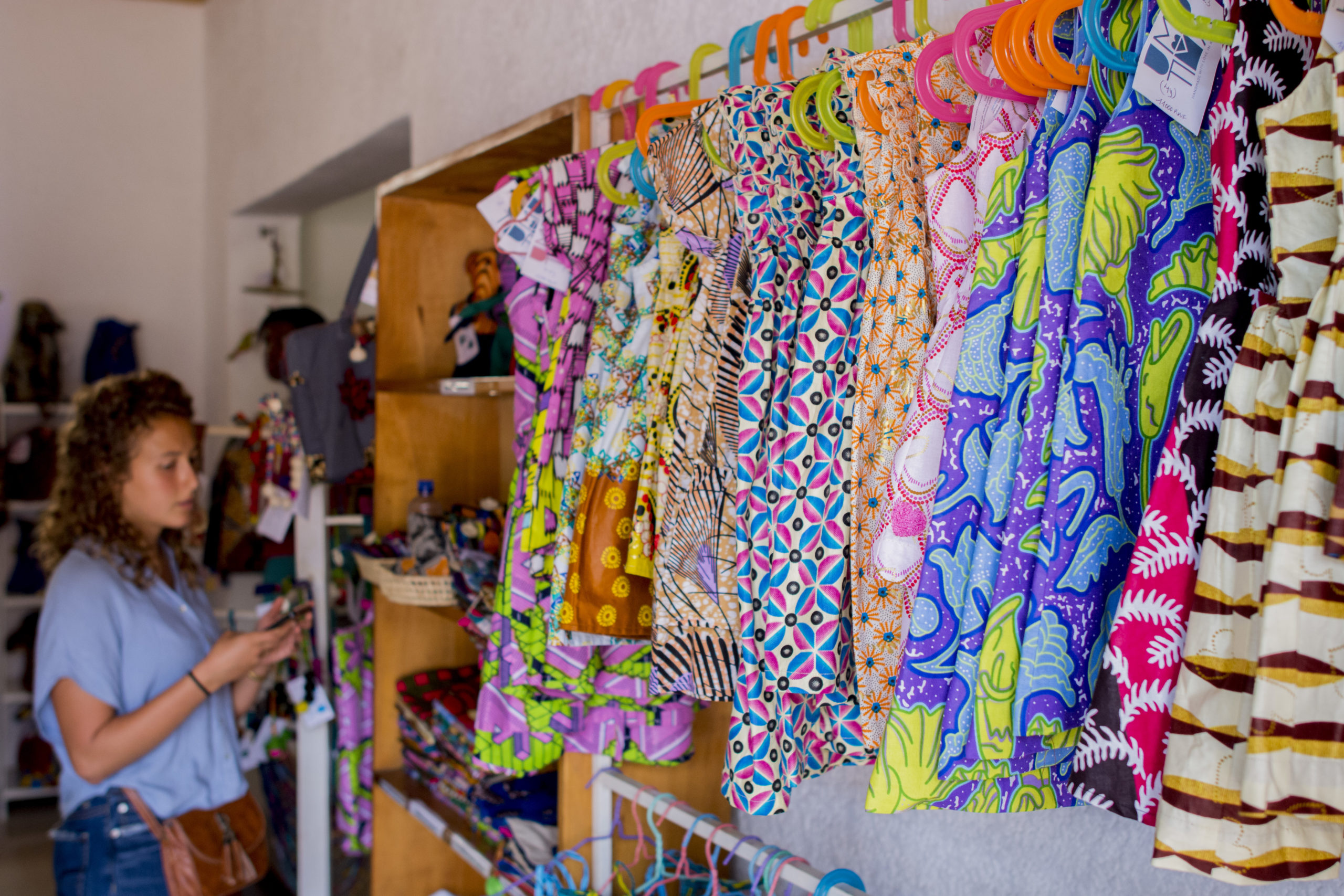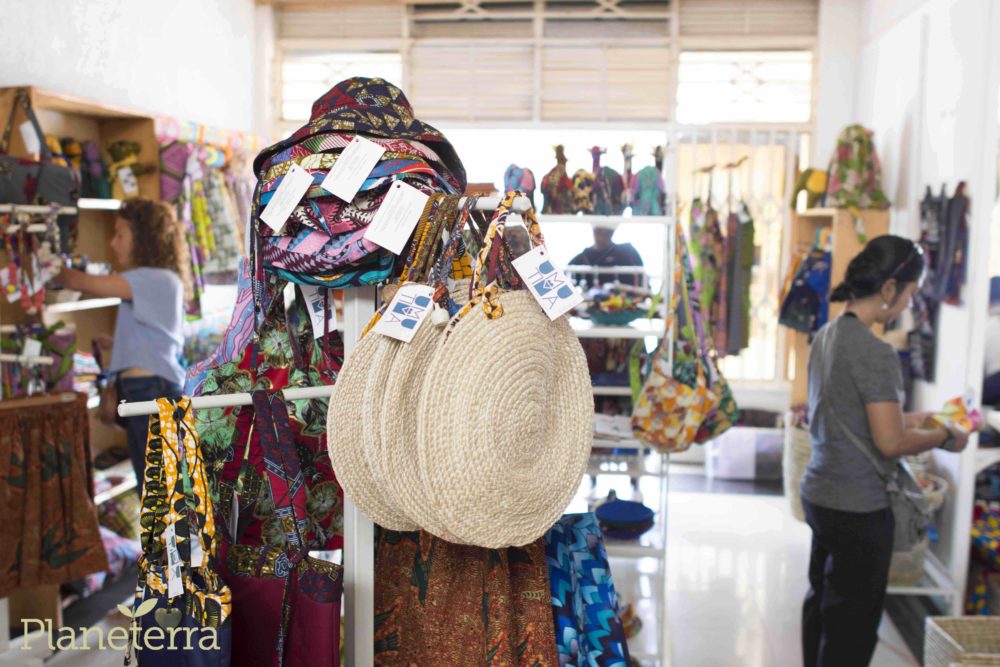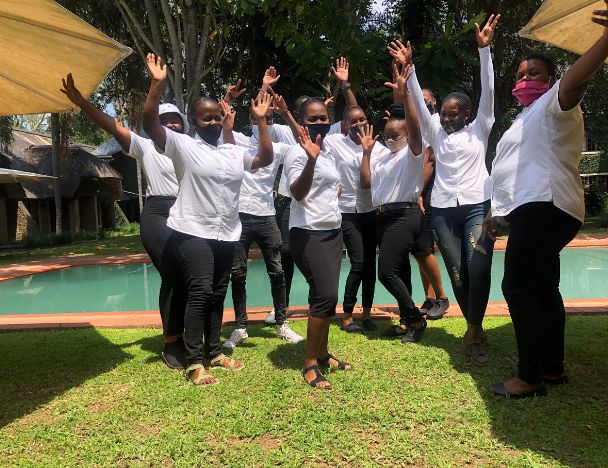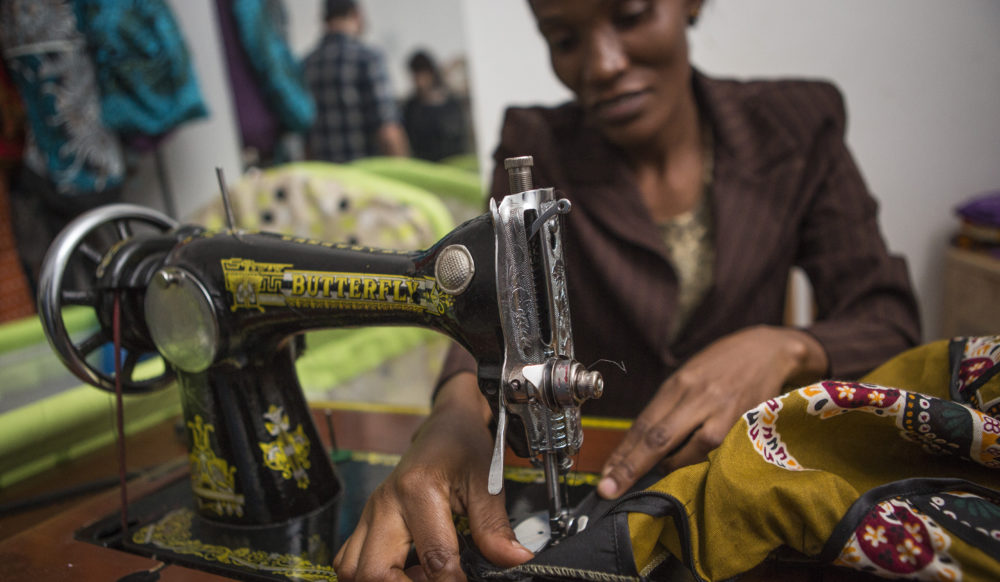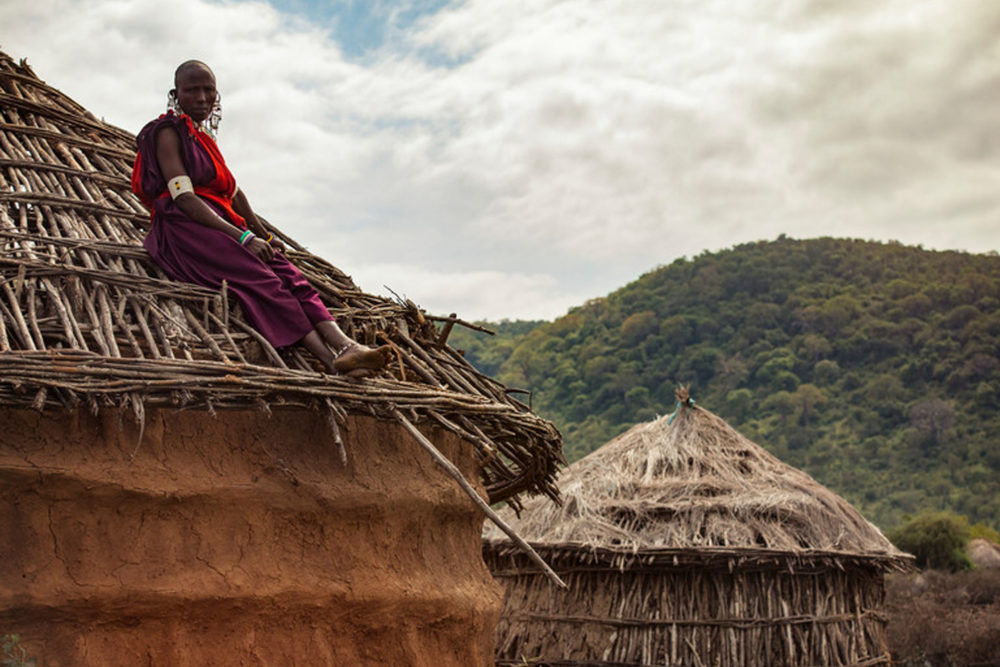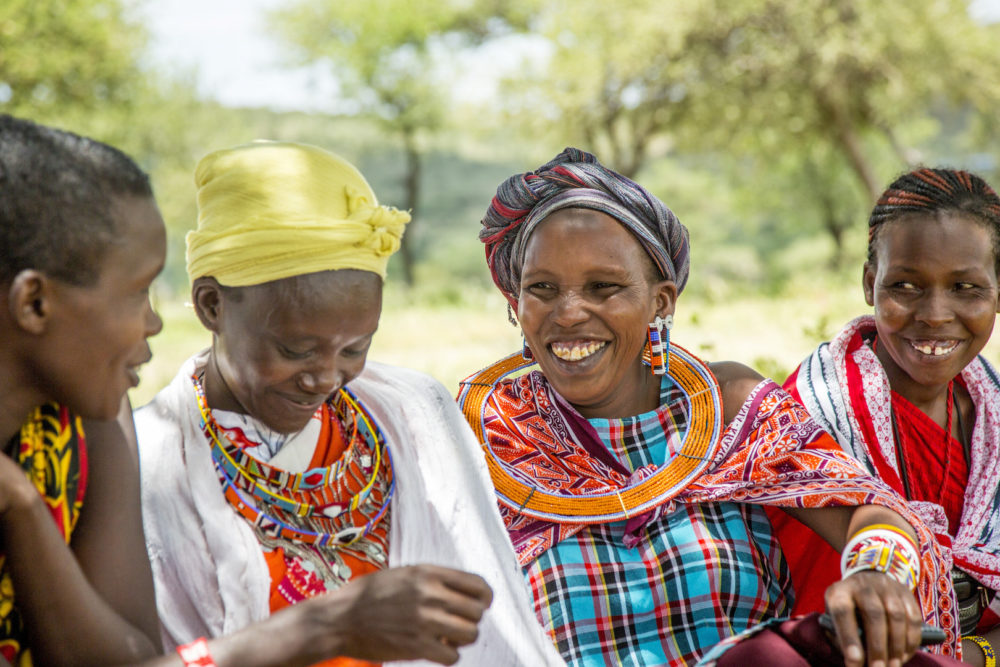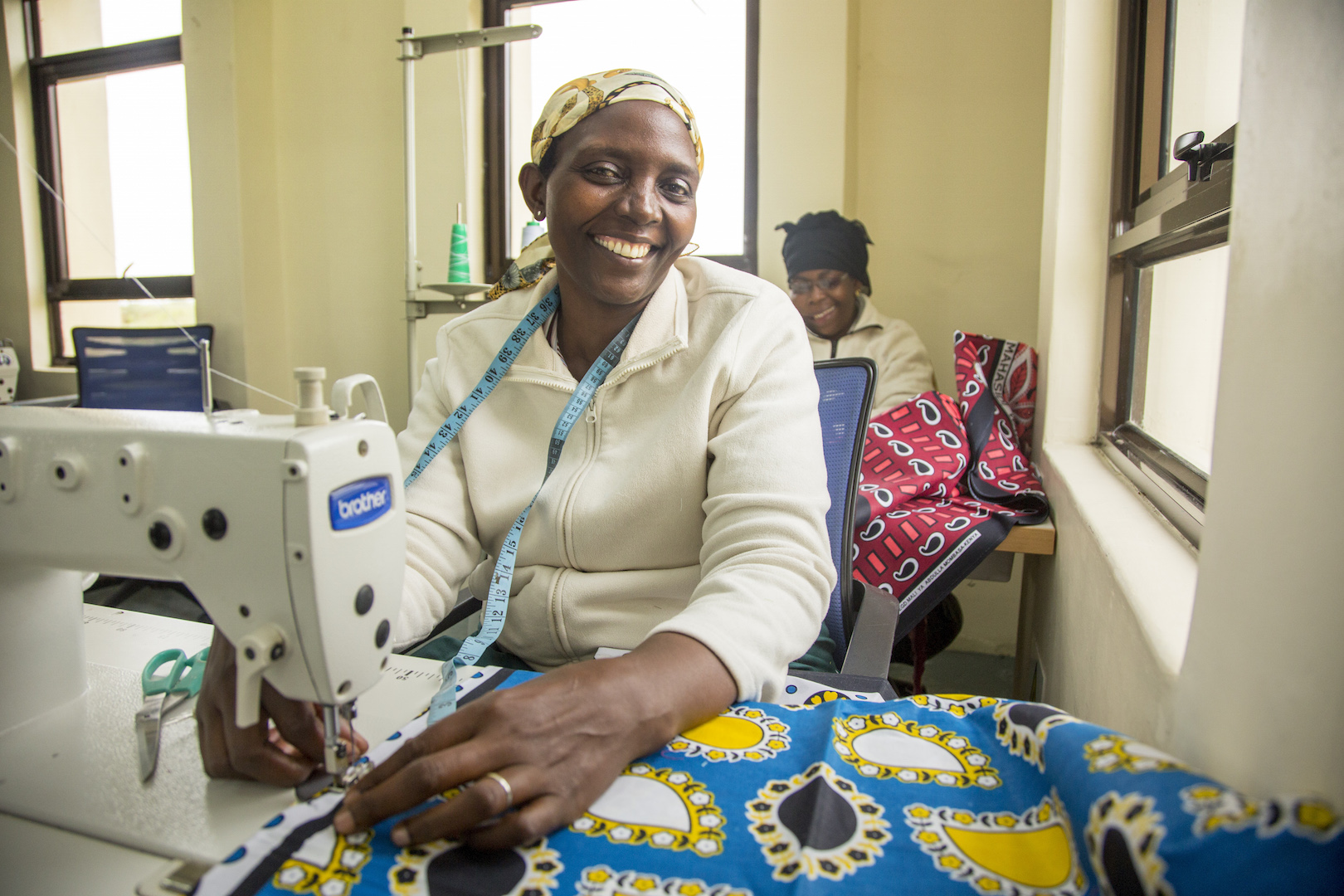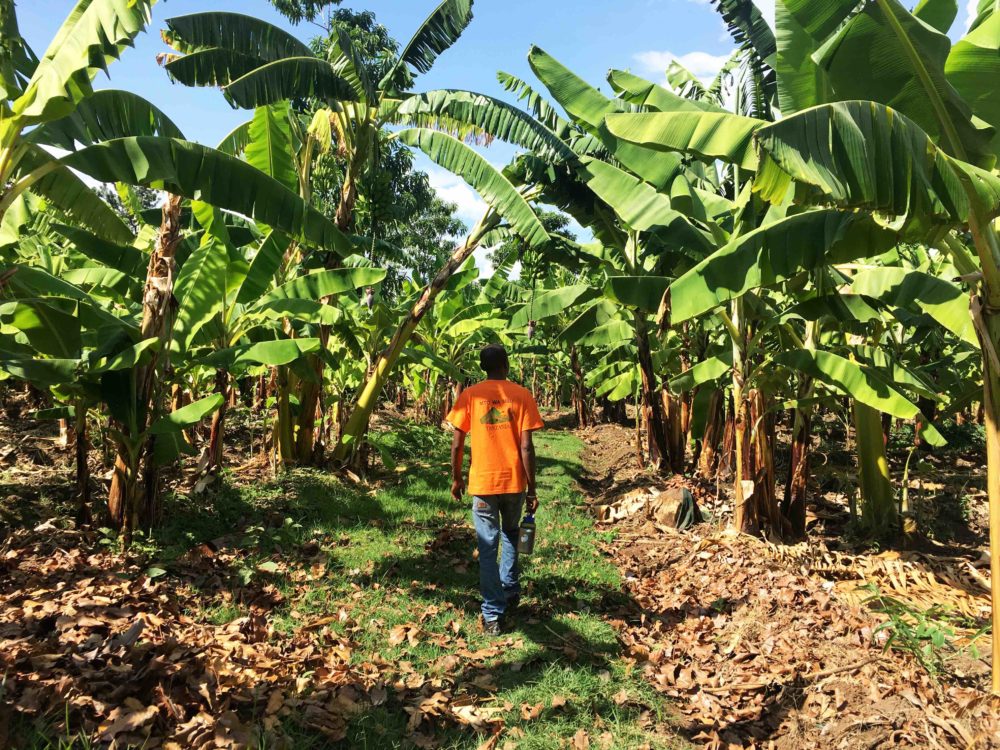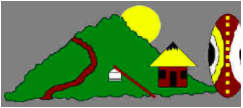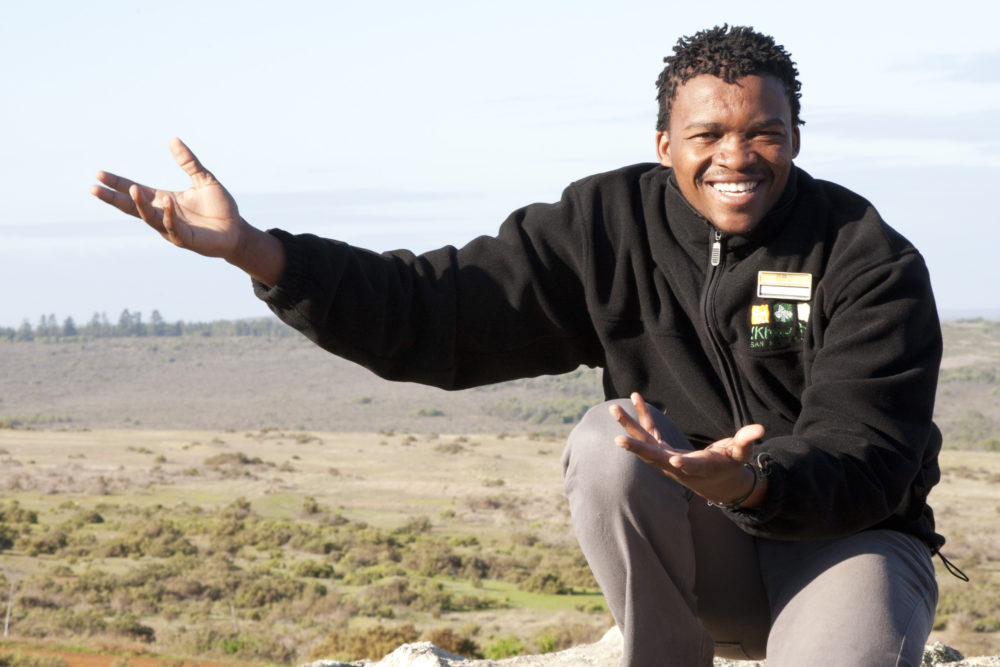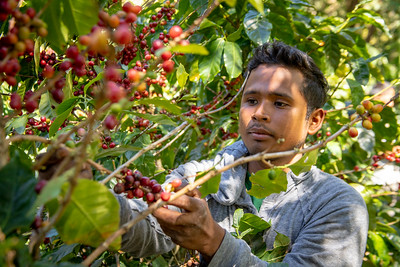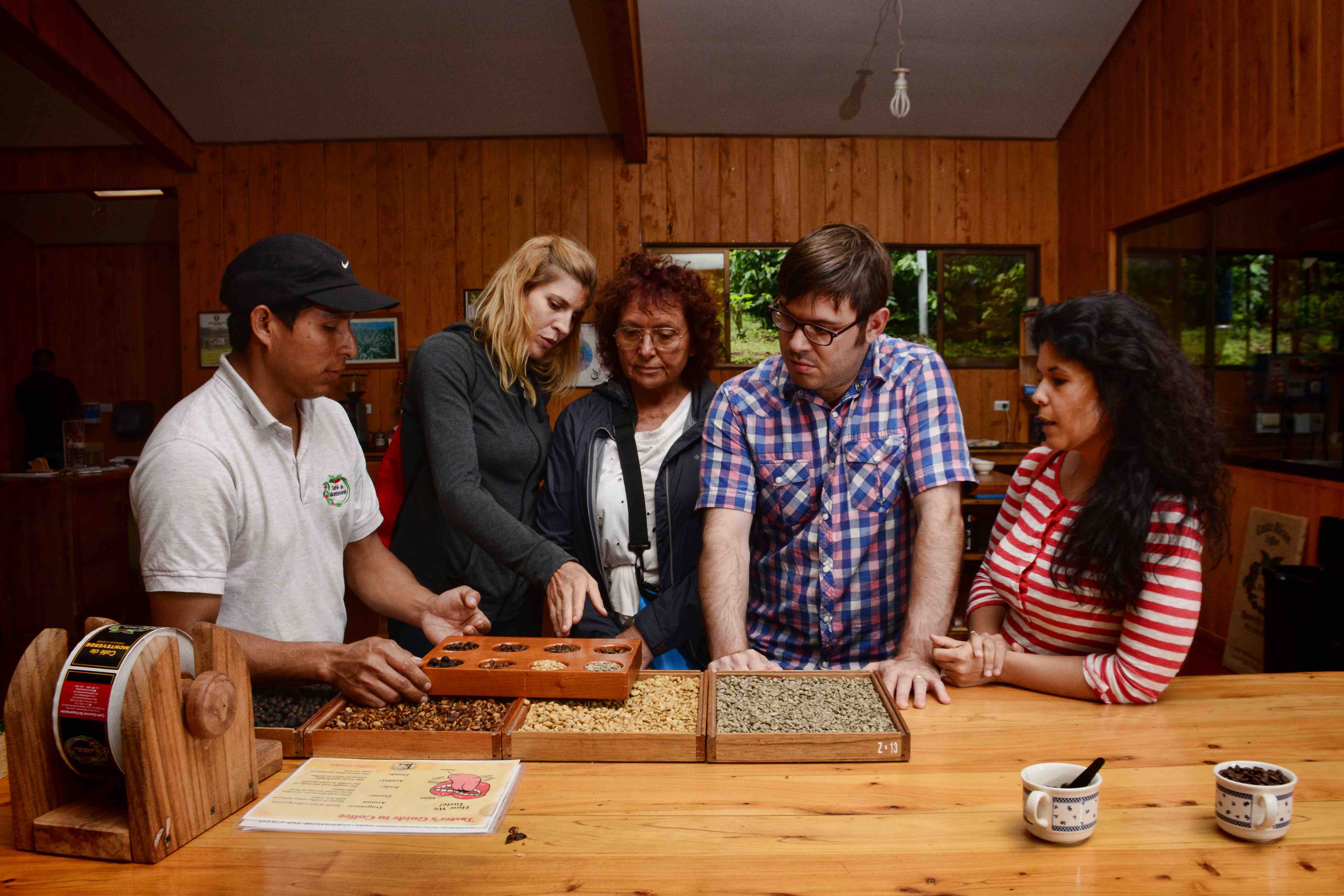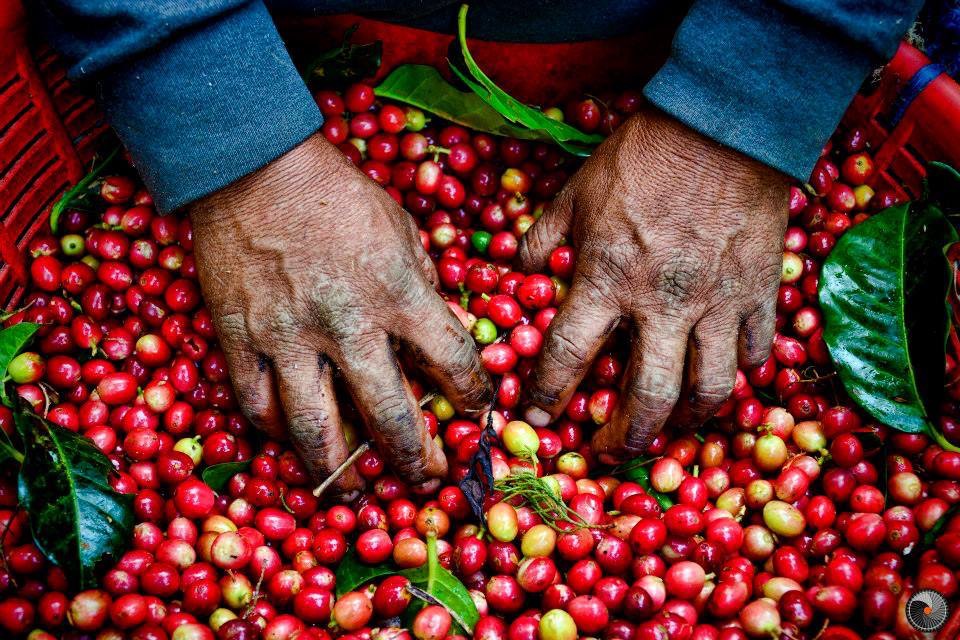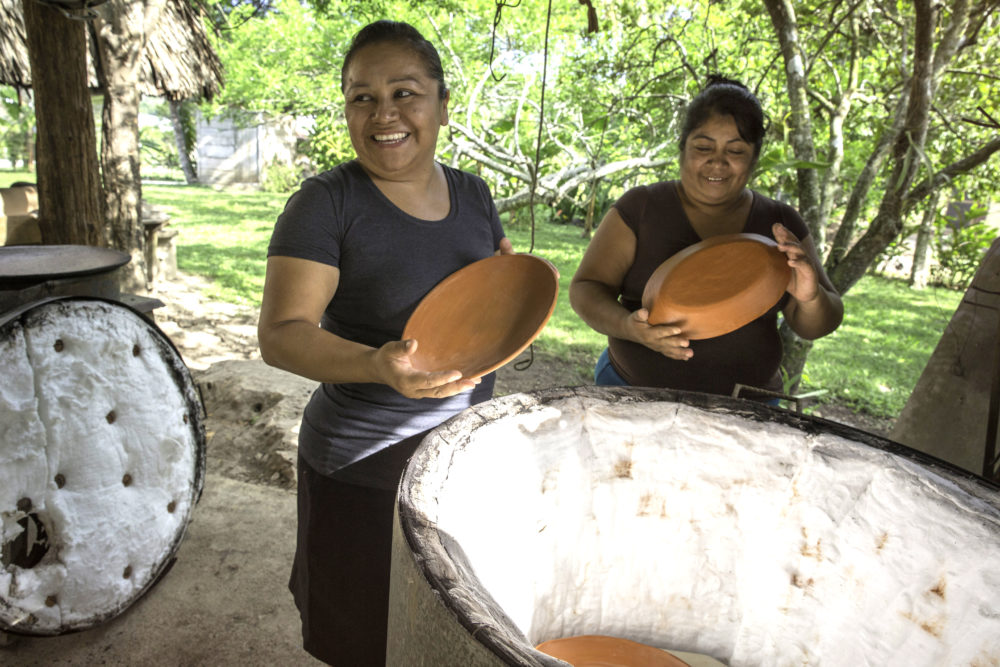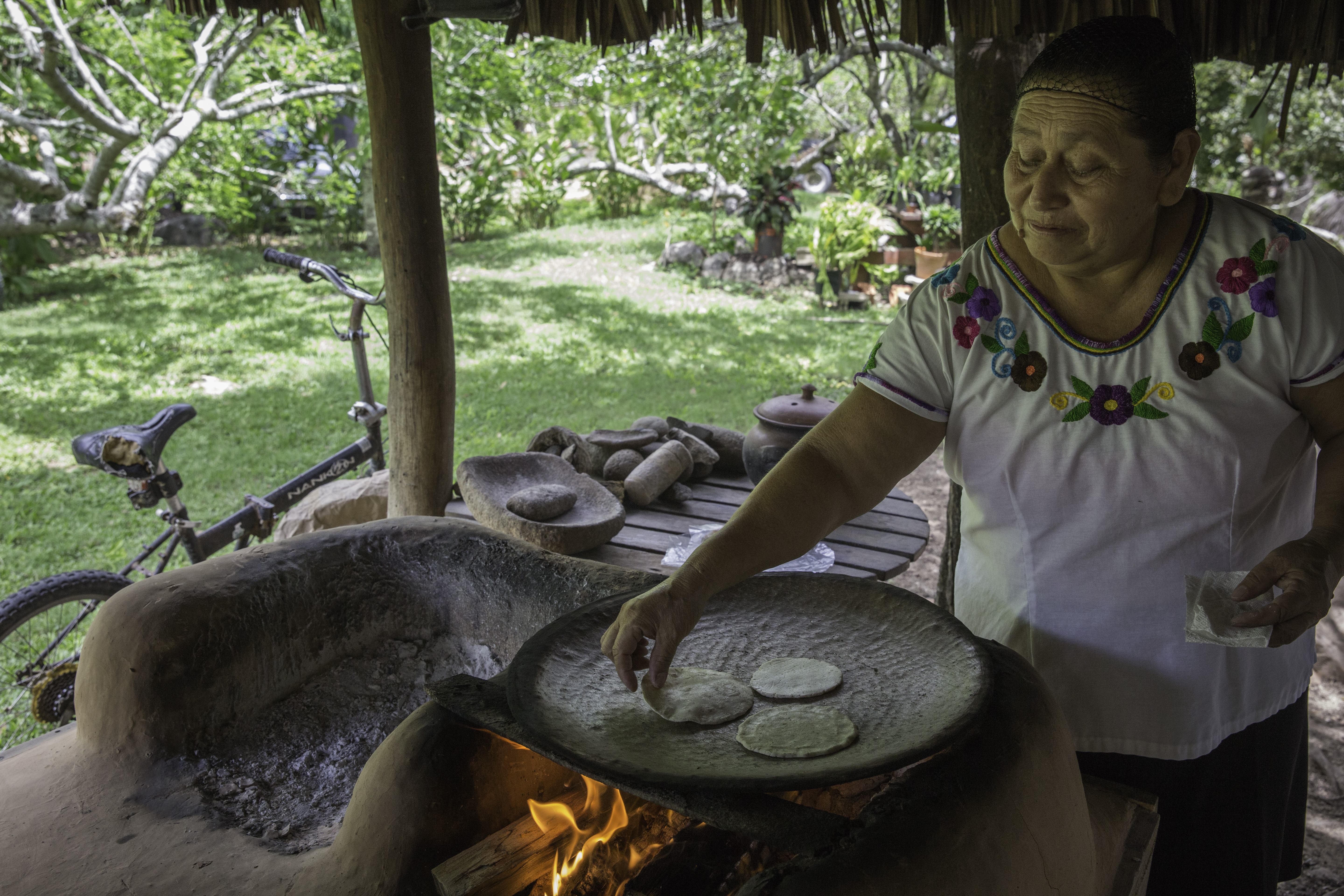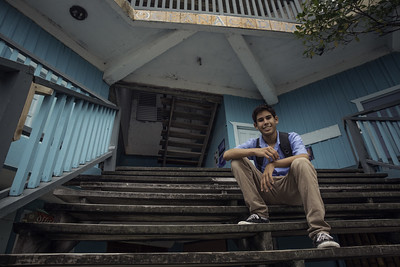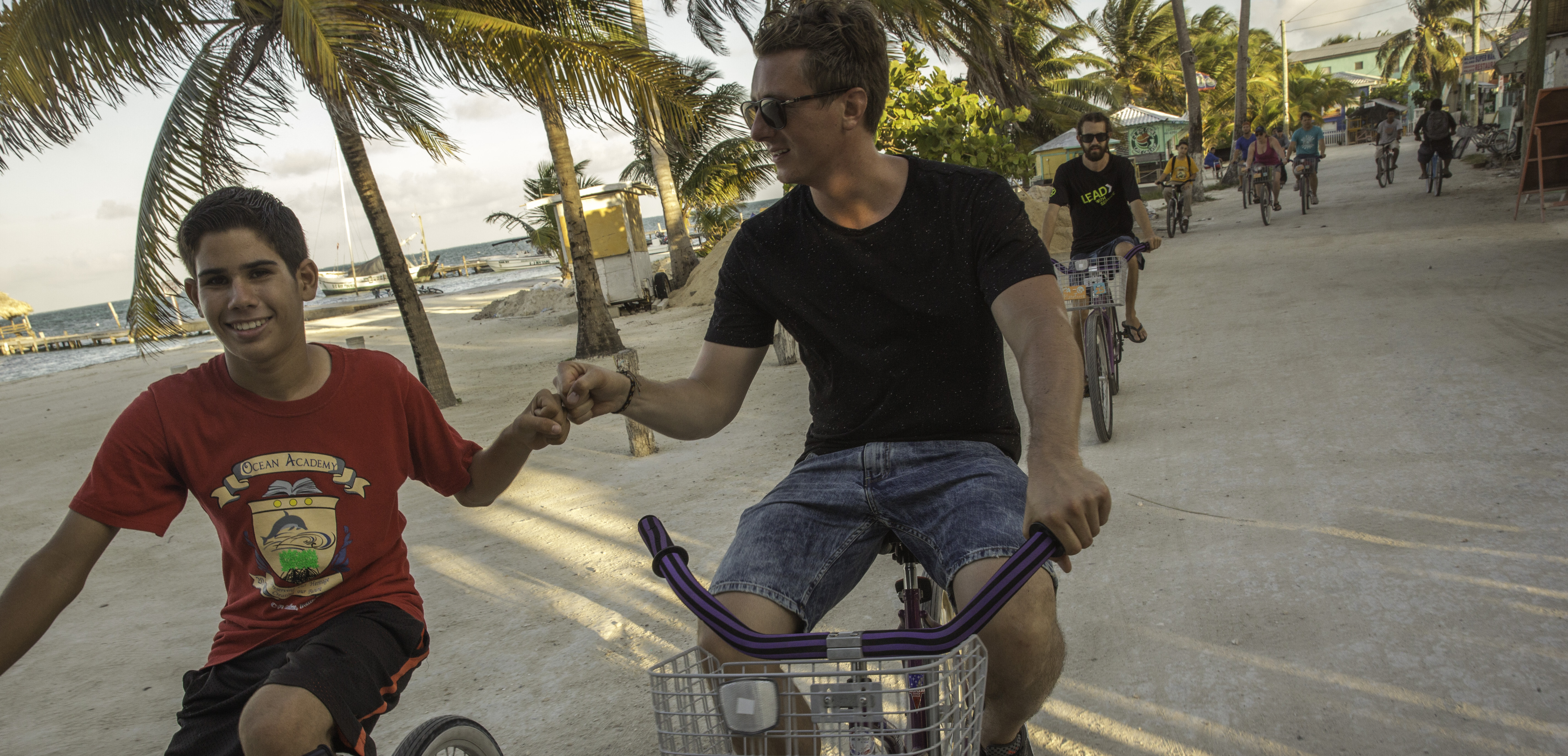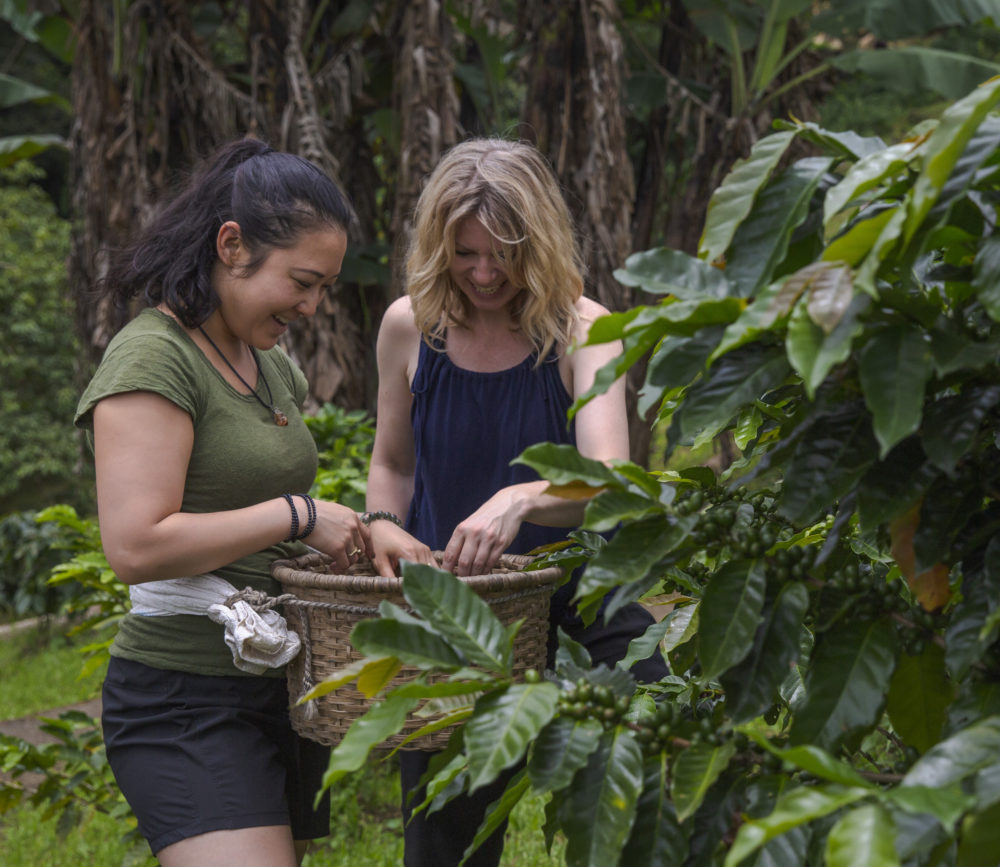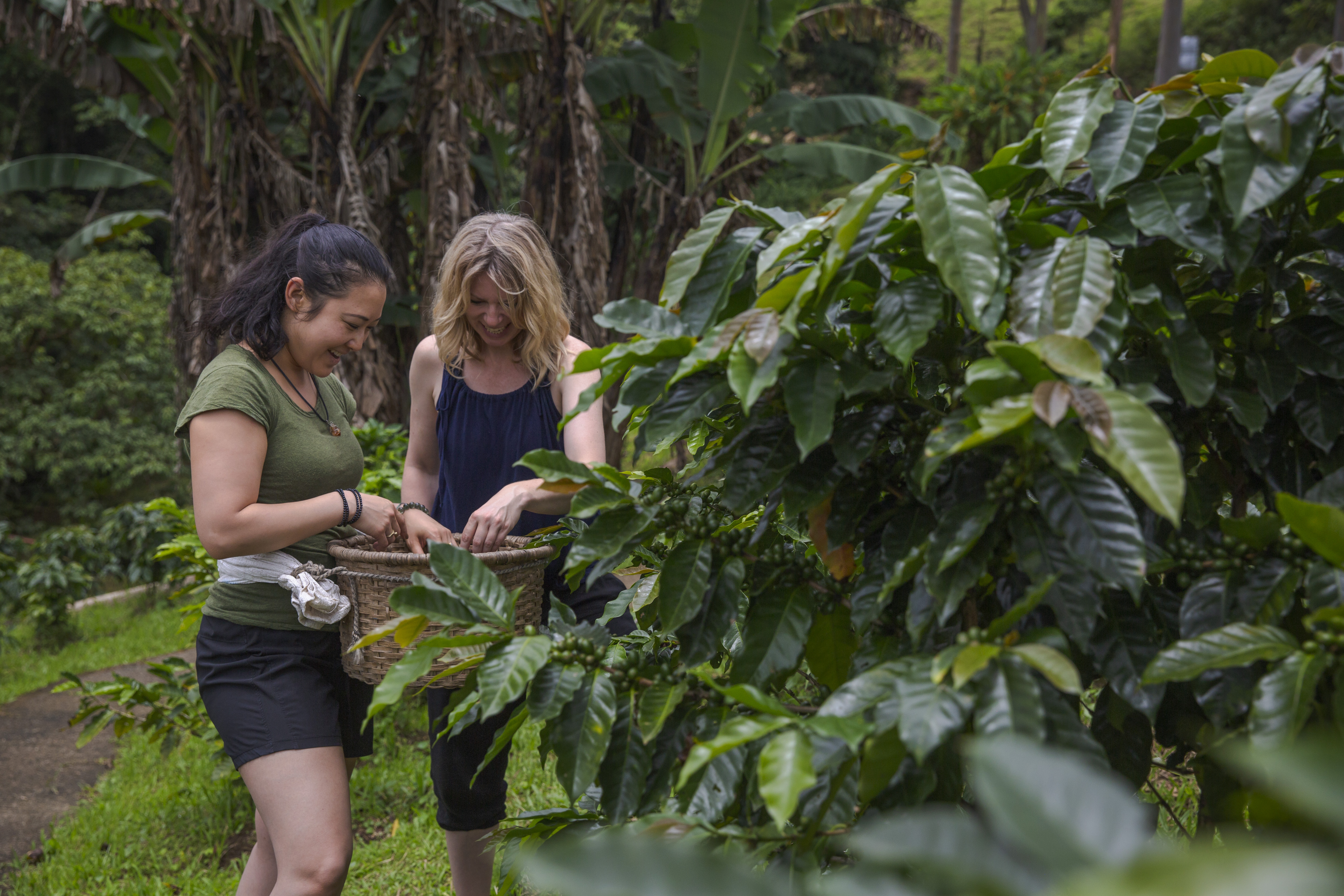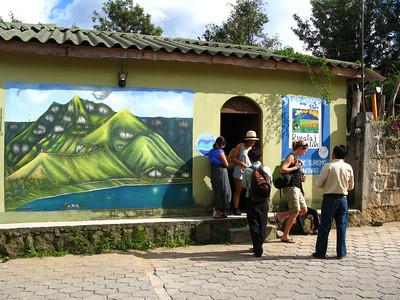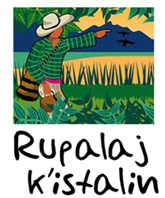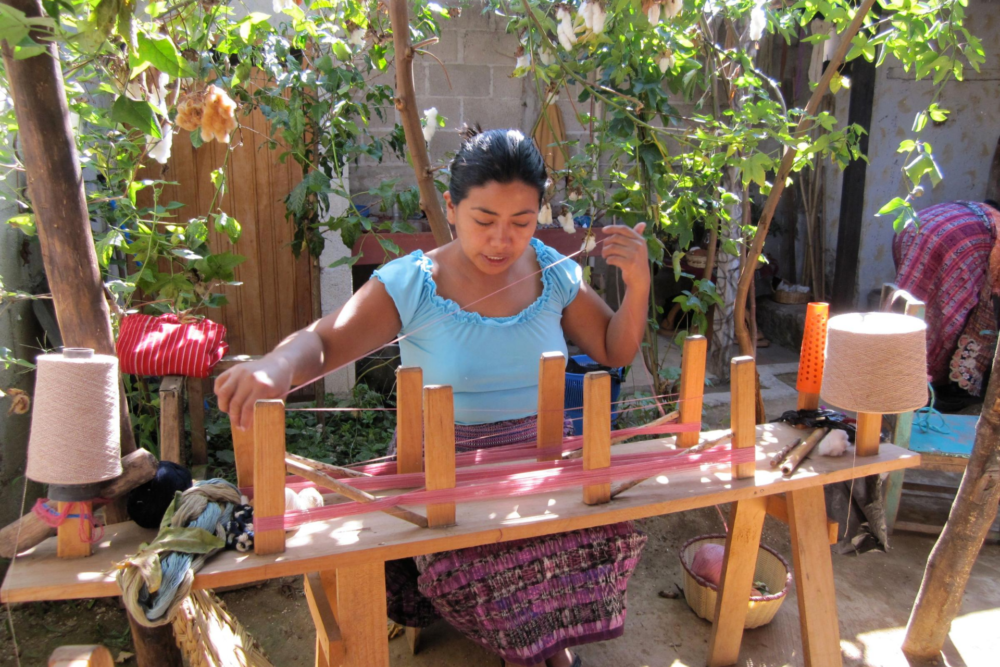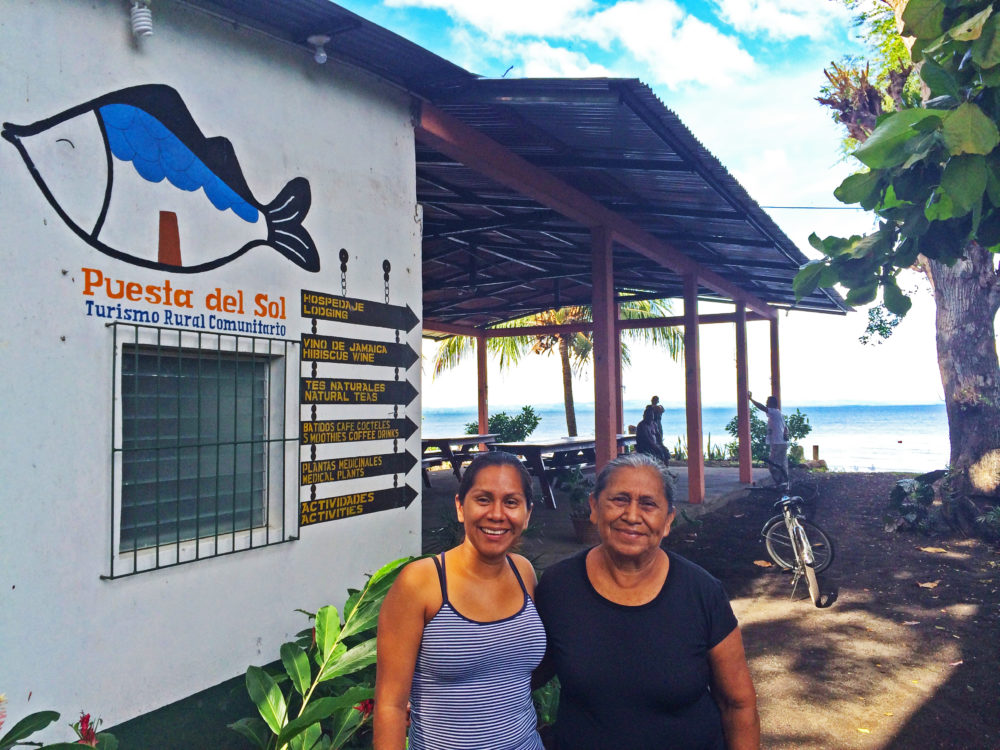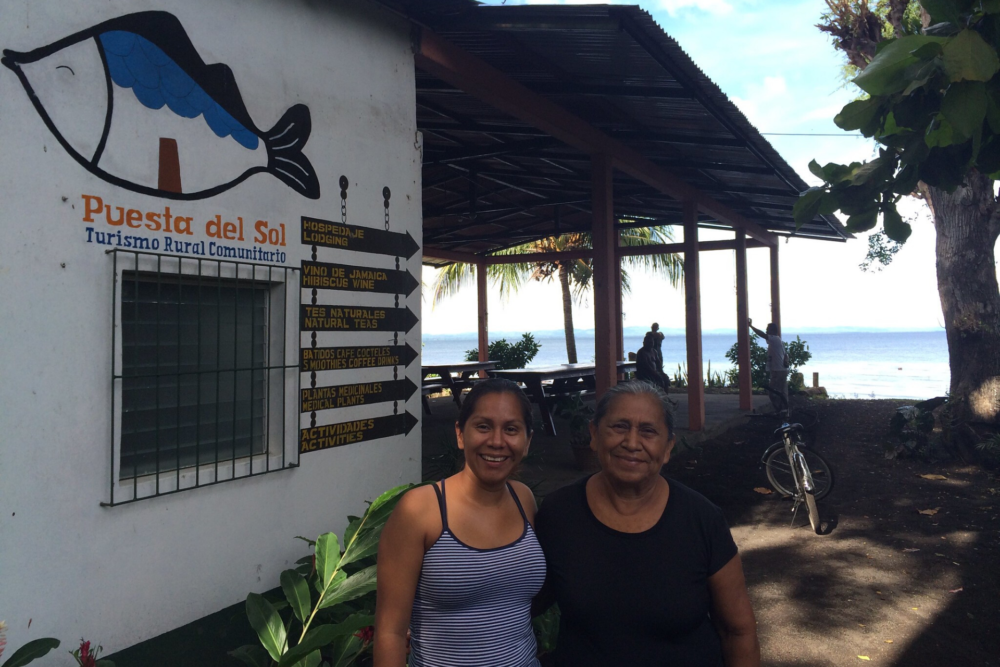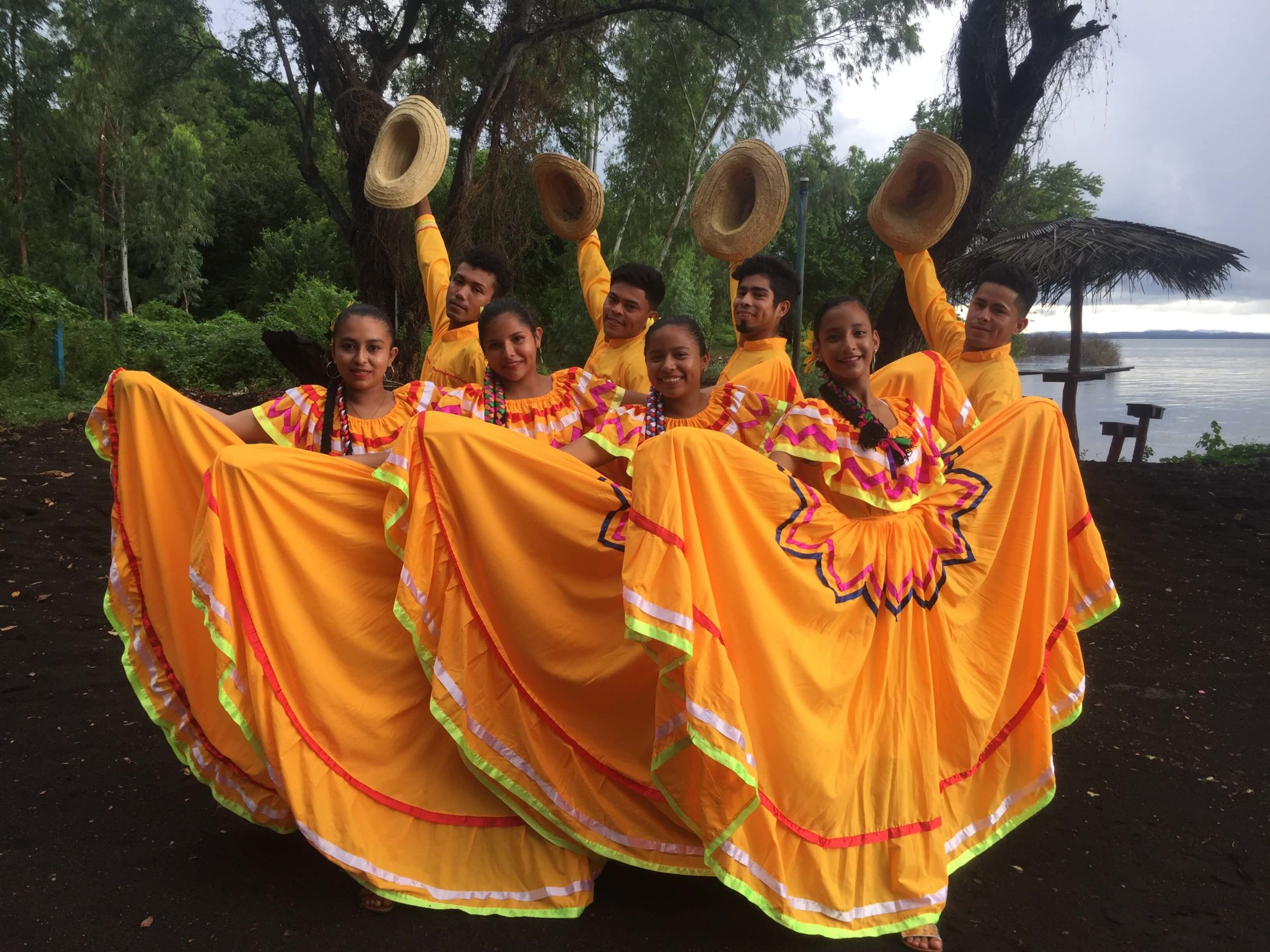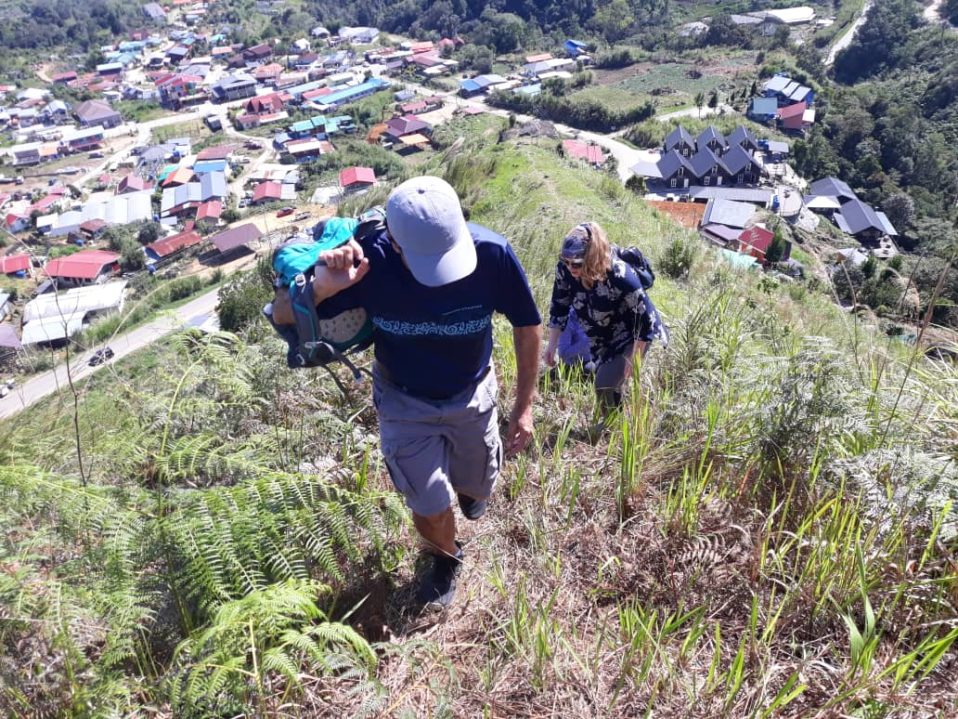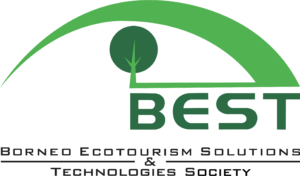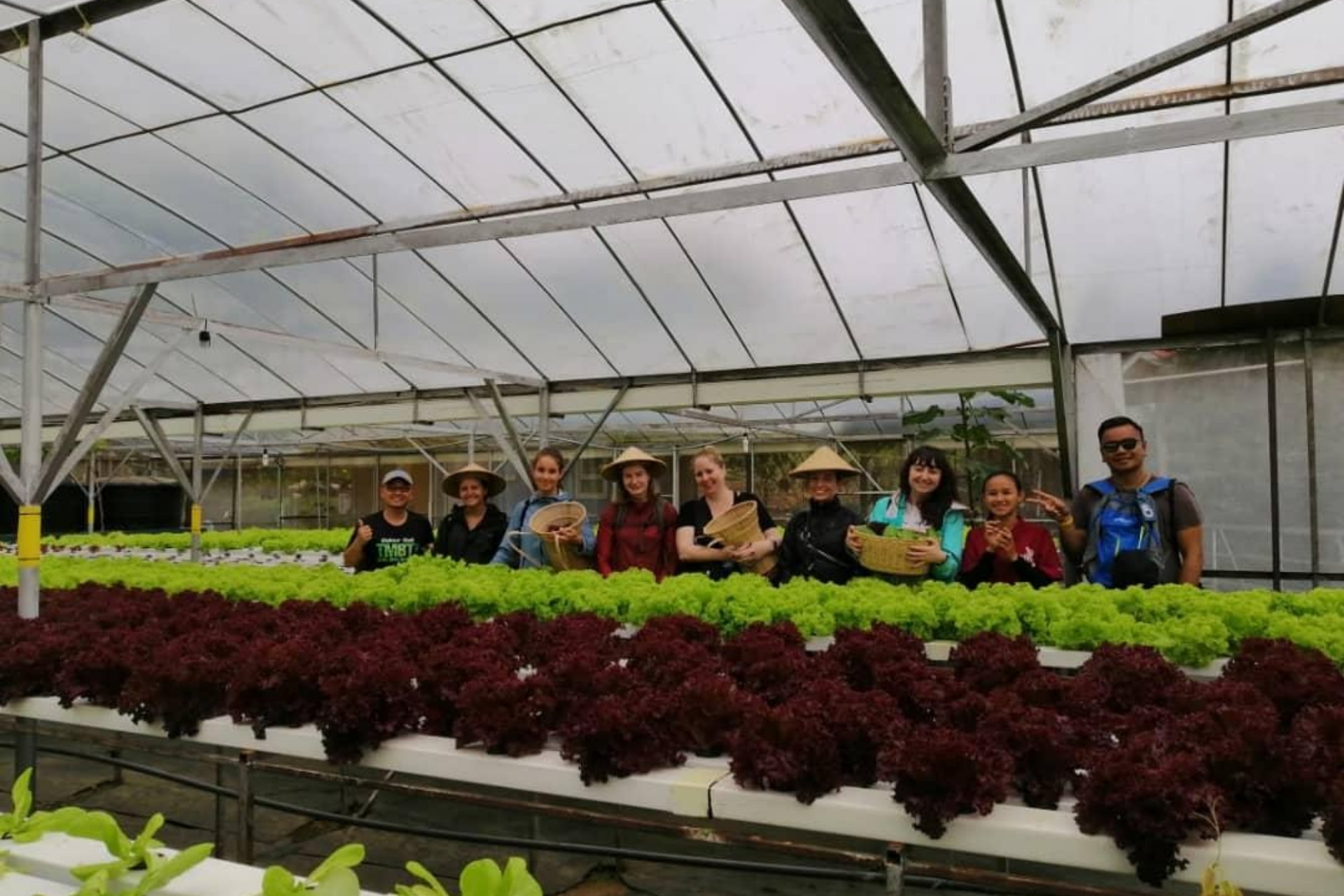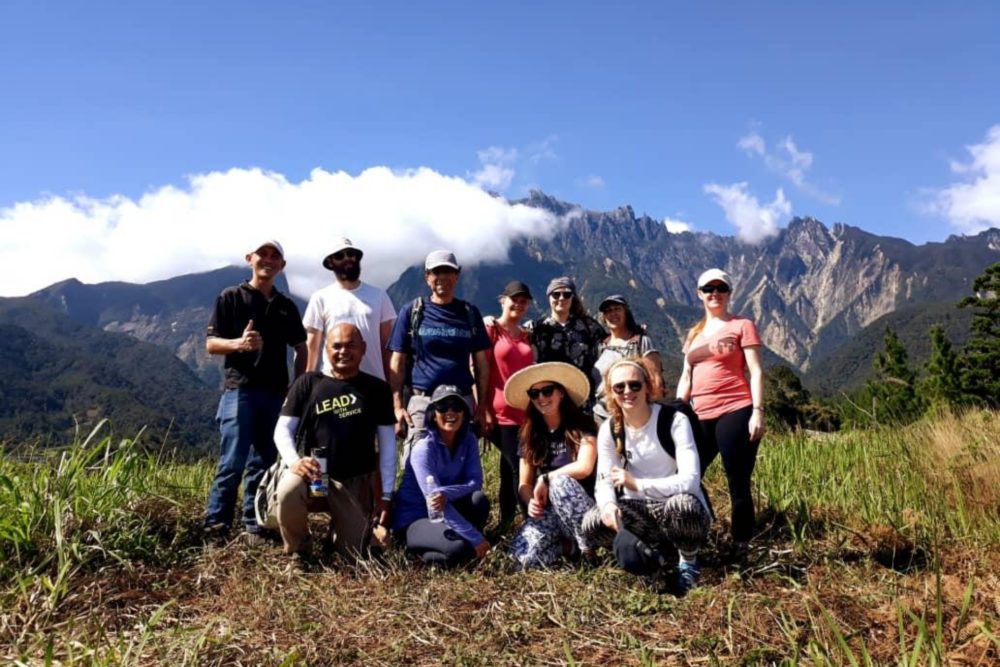Nyamirambo Women's Center

Impact
The Nyamirambo Women’s Center launched the product line “Umutima” – including housewares and children’s wear, employing women from the community, at a fair wage for their work. At the moment there are 50 women employed as seamstresses, and women from various other cooperatives contribute their weaving talents through contracts with Nyamirambo.
As part of NWC’s goals to promote women in tourism, the center has started to offer a community walking tour and lunch. The community-based tour runs in Nyamirambo community of Kigali, giving visitors an insight into the every-day life and challenges, social events and businesses. It also employs six local guides to facilitate and organize the tours. Travellers obtain an authentic experience and at the same time, the tour benefits the women at NWC and the community at large.


Critical Need
Many Rwandan women face gender-based violence, inequality, and discrimination. The Nyamirambo Women’s Center (NWC) opened in 2007 to provide education and training to disadvantaged women so that they can gain better opportunities for employment. To fulfill its mandate, NWC offers the community different activities, such as free classes in literacy, English, basic computer skills, handicrafts and sewing, and training on gender-based violence and women’s empowerment.
In order to ensure they can support their community, the Nyamirambo Women’s Center started taking advantage of the tourism industry in Kigali by offering community tours, cooking classes and craft workshops.
Our Involvement
Planeterra partnered with Nyamirambo Women’s Center in order to increase the number of customers they were receiving to their newly-developed tourism program, which includes a walking tour of the businesses of the Nyamirambo area of Kigali, showing travellers what it’s like to live in this vibrant community. Their other tourism experiences include a local cooking class and lunch. Planeterra was able to connect Nyamirambo Women’s Center with the travellers from G Adventures’ group tours, who now visit the organization to learn about their work, purchase handicrafts, and enjoy the walking tour and lunch.
